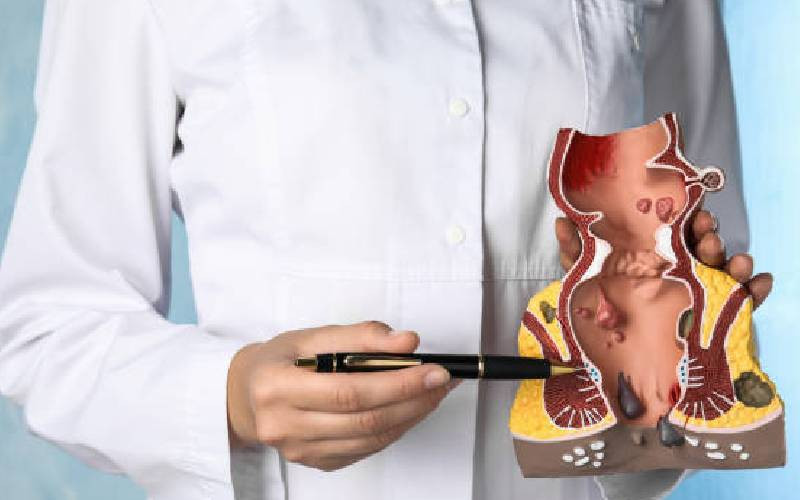×
The Standard e-Paper
Join Thousands Daily

Wajir county conducted a free gynecology camp at the Wajir Referral Hospital between July 24 and 30, 2023. The event comes on the backdrop of a surge in the number of women suffering from varied reproductive and post-natal health complications.
It is estimated that in every 1,000 deliveries in Kenya, three or four will result in fistula complications. The condition leaves women and girls leaking urine, faeces or both, and often leads to chronic medical problems and social isolation.